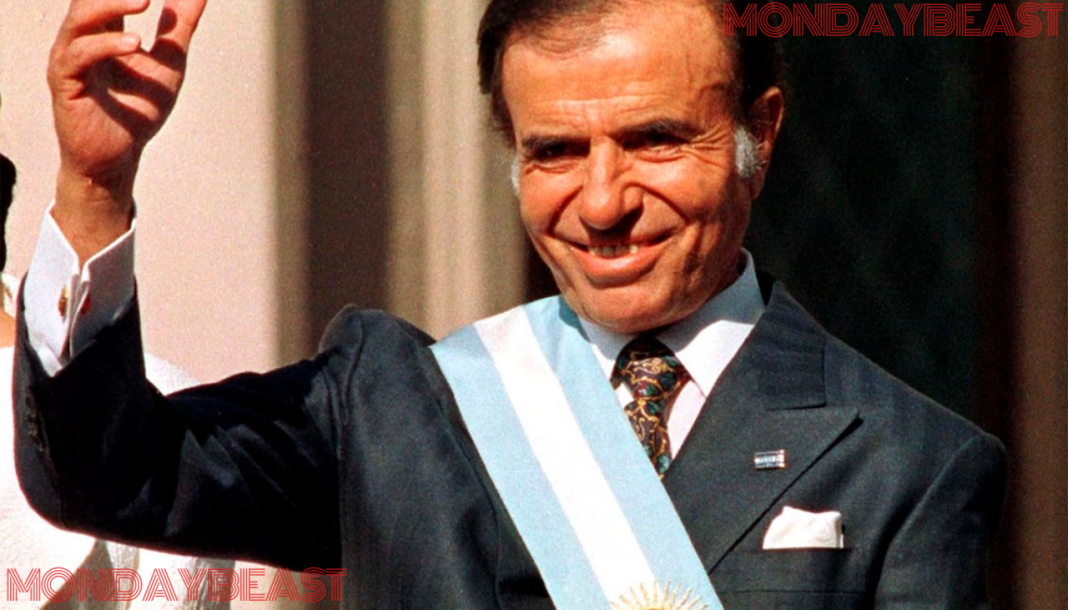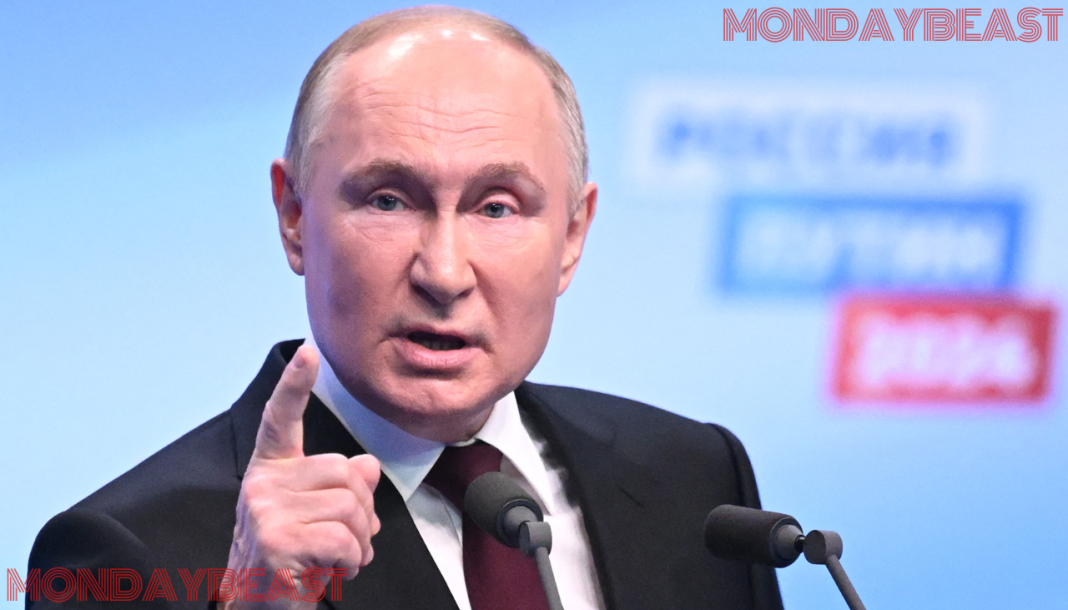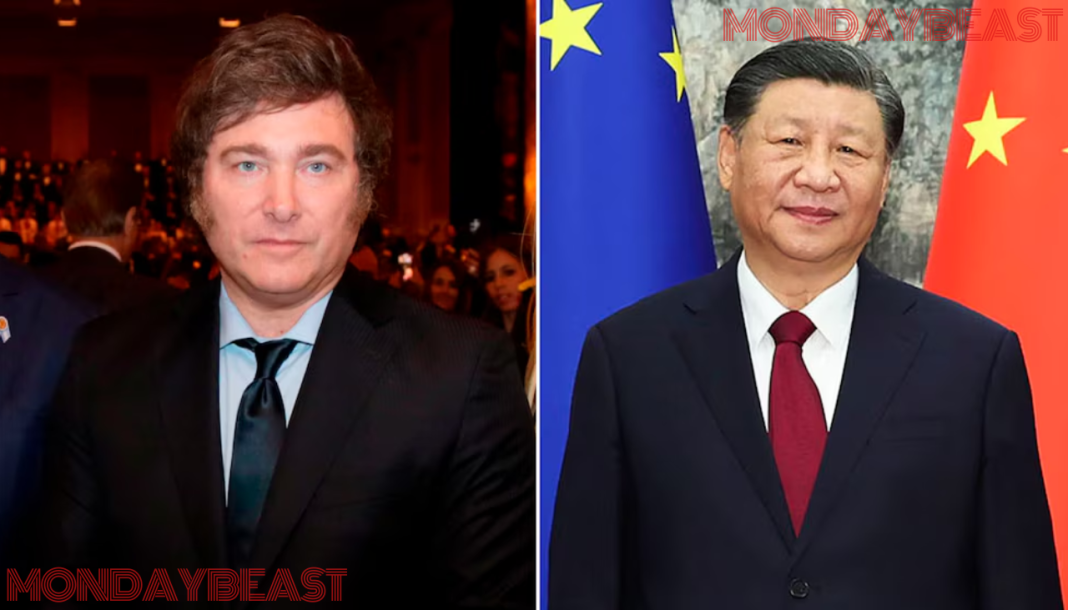The government’s recent decision regarding pensions has sparked a wave of discussions. Questions about fairness and justice arise, especially in Argentina’s turbulent political landscape. Why is Carlos Menem’s vital pension remaining intact while Cristina Kirchner’s has been revoked? This issue digs deep into legal precedents and ethical questions that linger over public service benefits.
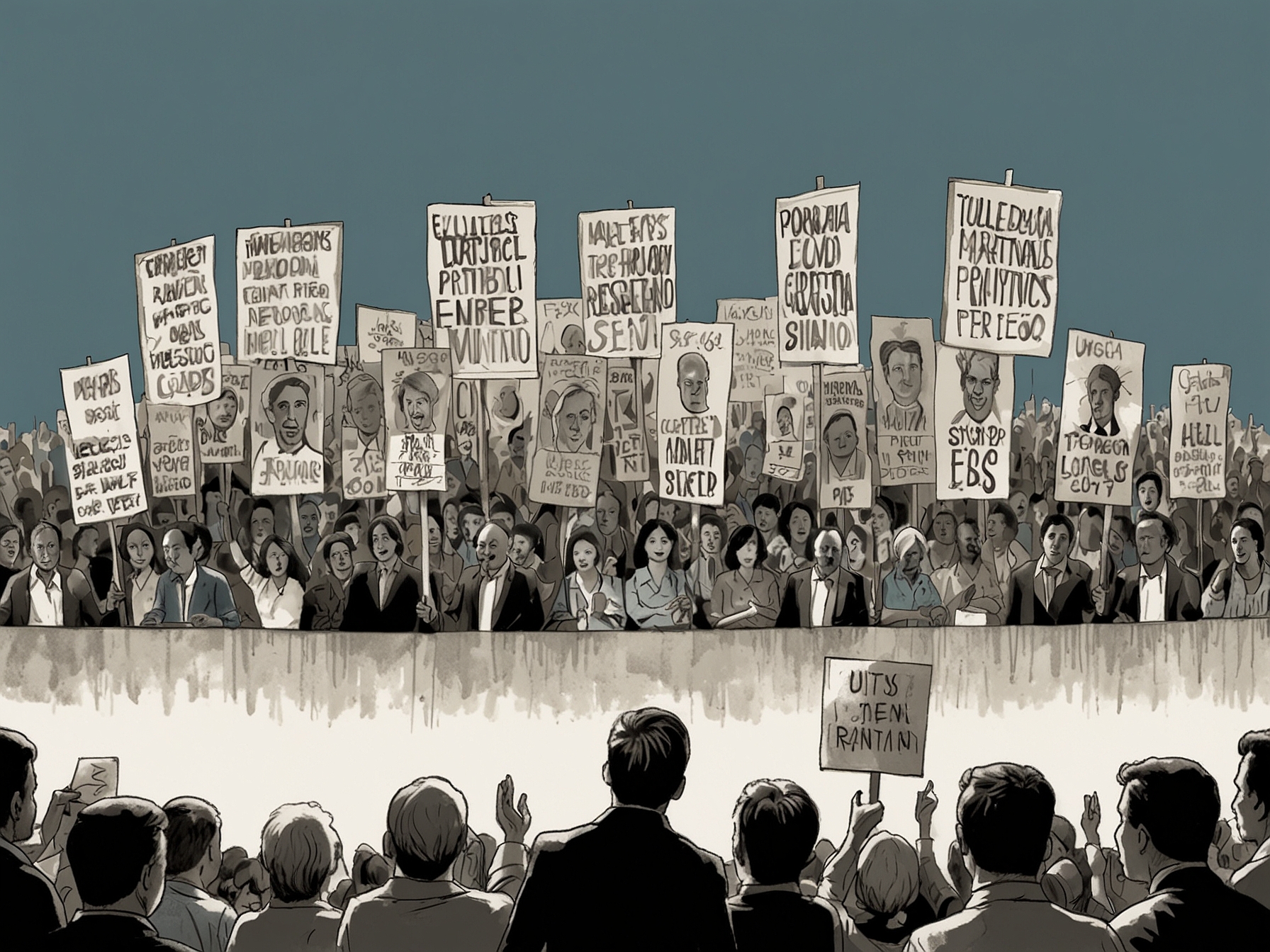
Mariano de los Heros, the head of ANSES, defended the government’s stance. He highlighted the difference between Menem’s and Kirchner’s situations. Both were once powerful leaders, yet their fates seem to diverge significantly now. What does this say about political favoritism or the application of law?
The implications of this decision evoke deep emotional reactions. People often have strong opinions on whether former leaders should benefit while struggling citizens face hardships. Are we witnessing justice, or is it something more complex? De los Heros argued that Menem’s legal challenges effectively ended with his death as he was still considered a senator.
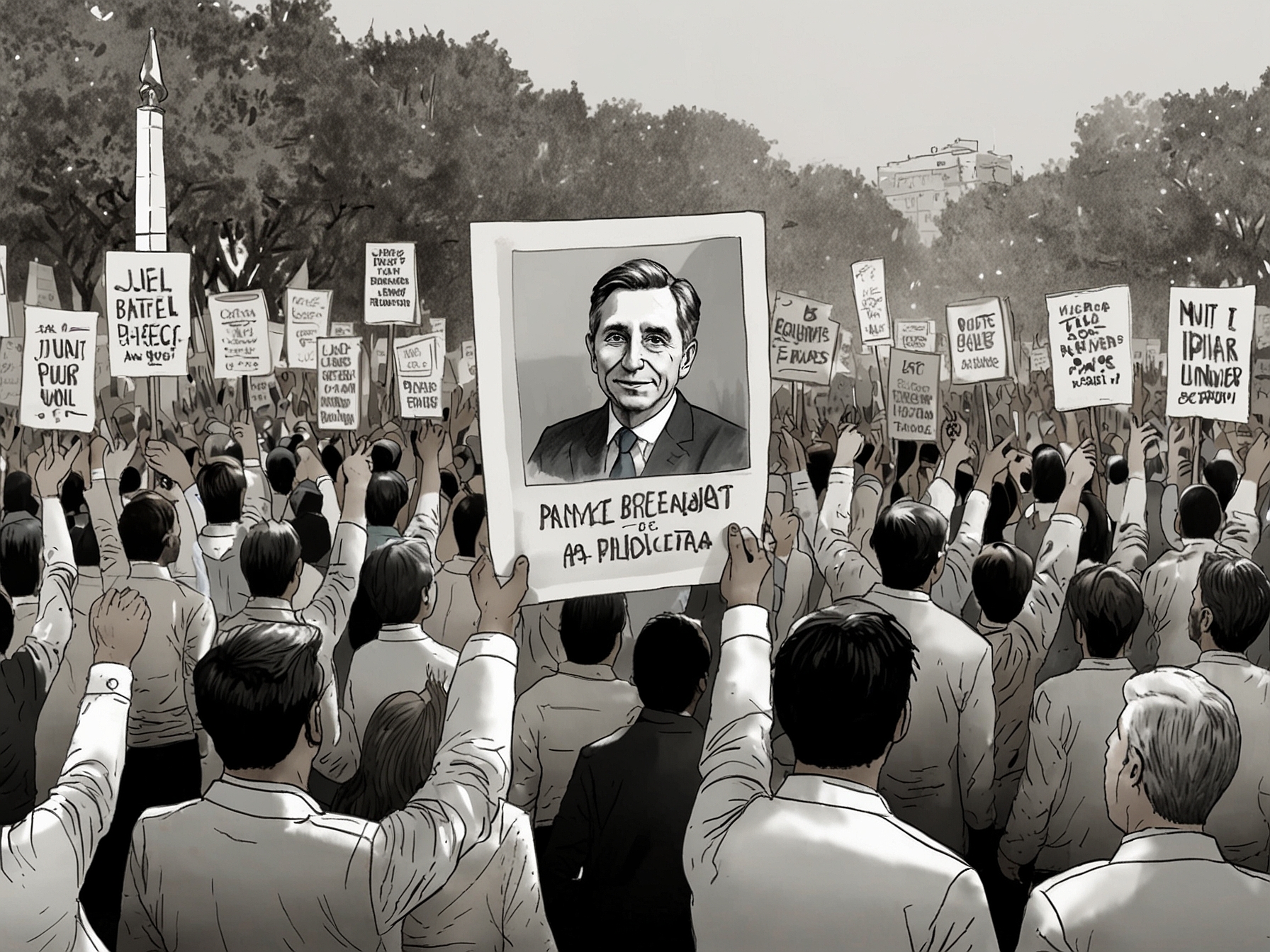
In contrast, Kirchner, who held dual benefits as both president and widow of a president, found her pensions taken away on the basis of definitive sentencing for corruption charges. A system of checks and balances that claims to treat individuals equitably appears flawed in the sights of many. Can morality and legality coexist in this fractured landscape?
The controversy doesn’t end there. Take Isabel Perón, widow of Juan Domingo Perón, who similarly benefits from a special pension. She lives in Madrid, distancing herself from the requirements outlined in current law. How did she manage to secure this despite the apparent contradiction? De los Heros’s rationale was embedded in historical context—when her benefit was granted, the law was different.
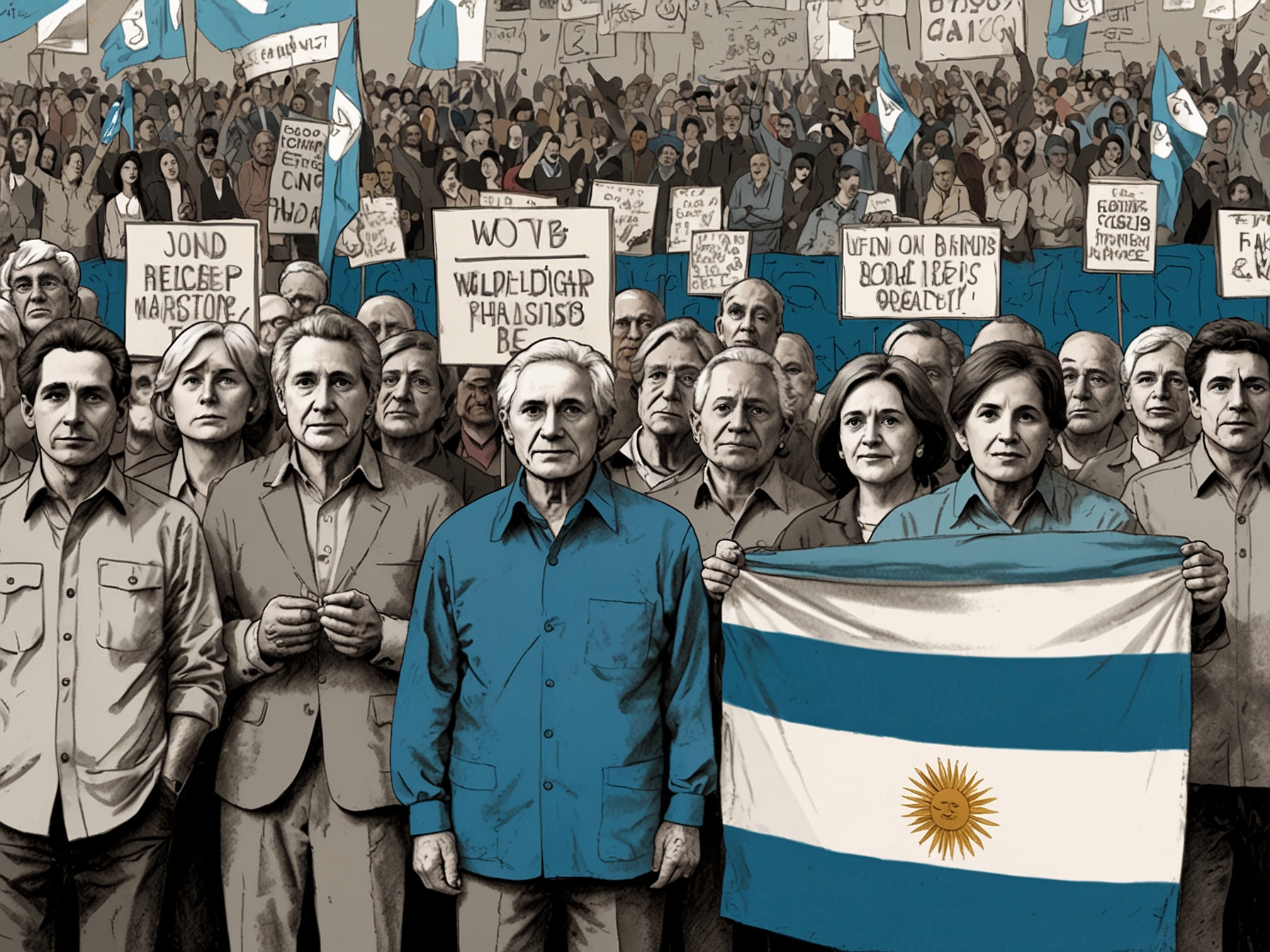
The legal labyrinth becomes even more convoluted. De los Heros maintained that laws must treat individuals according to their status at the time of their entitlements. This brings forward questions about the retrospective application of law. Is it fair to reevaluate past decisions? What does justice mean in such cases?
Even the symbolism in politics raises eyebrows. De los Heros addressed the removal of Néstor Kirchner’s bust from ANSES. Some see this as a fight against ideological favoritism, while others might argue it’s simply erasing history. How do we honor past leaders without letting partisanship cloud public institutions?
The government’s stance remains a microcosm of broader societal tensions. Many Argentinian citizens express frustration and confusion about the rationale behind these decisions. Are former leaders being treated with kid gloves while ordinary citizens are held to different standards? The growing divide between political elites and the common populace continues to generate passionate discussions.
Going forward, this situation begs many questions about ethics in governance. Should ex-leaders reap benefits from public service? Does the law offer protection for those in power, allowing them to sidestep accountability? These questions will linger as citizens seek clarity and equity.
As the political scene unfolds, one can’t help but wonder if the government will reassess its stance on pensions. Is it time for a broader discussion about public benefits? What changes might come with shifts in leadership or public opinion?
This unfolding drama invites all to consider the fragile fabric of society. From pensions to political accountability, these issues resonate deeply. Argentina finds itself at a crossroads, prompting ongoing dialogue about justice, privilege, and the legacies of its leaders.

